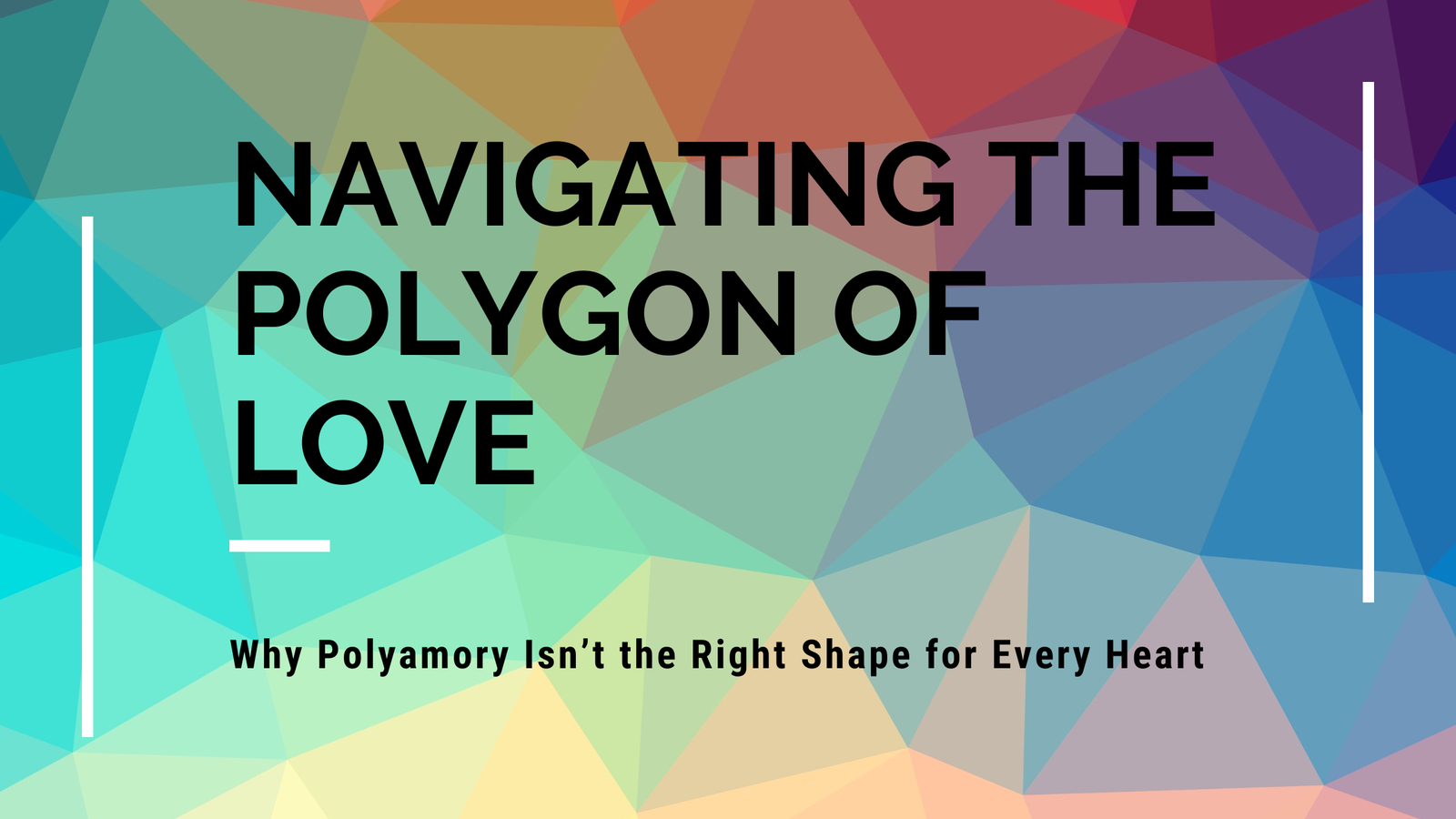
Why Polyamory Isn’t the Right Shape for Every Heart
Polyamory is a word that brings up different reactions, from curiosity to hesitation, even fear. Some see it as an invitation to explore a broader spectrum of connection, while others wonder how anyone could balance the emotional, logistical, and relational demands of multiple partnerships. At its core, polyamory is about expanding the possibilities of love—if, and only if, it aligns with who you are and what you need in a relationship.
Let’s be clear: polyamory isn’t a magical fix for loneliness or a way to “upgrade” your love life. It’s not a lifestyle that anyone should feel pressured into or that should be worn as a badge of enlightenment. For some, polyamory is an authentic and fulfilling path, but for others, it can be a deeply uncomfortable experience—a challenge that stretches boundaries and reveals insecurities. And that discomfort isn’t a failure; it’s an important signal.
The Challenge of Time and Energy
If time management feels like a daily struggle, polyamory may introduce more chaos than clarity. Relationships require care, presence, and attention, and those needs don’t diminish with each new connection—they expand. Polyamory can feel like a full-time job, and for those who already feel spread thin, it might be less a bouquet of love and more a series of deadlines. Balancing multiple relationships is not just about scheduling; it’s about being emotionally available in ways that honor each person involved. For some, this is a labor of love; for others, it’s simply exhausting.
Communication: The Core Foundation
In monogamous relationships, communication is a critical skill; in polyamory, it’s a lifeline. Polyamory demands a level of transparency and vulnerability that can feel like walking around without armor. There is a constant need to check in, to clarify, and to understand—not just with each partner but also within yourself. If you find emotional expression challenging or find yourself hesitating to talk about your fears and desires, polyamory may quickly feel overwhelming. Good communication is a skill we can all work on, but in a polyamorous context, the stakes are higher, and the costs of miscommunication can ripple through multiple connections.
Facing Jealousy and Insecurity
Polyamory isn’t an escape from jealousy; if anything, it brings it right to the surface. Jealousy in a polyamorous relationship can’t be ignored or dismissed—it has to be addressed, over and over again. For those who struggle with insecurity, polyamory can feel like a constant reminder of our deepest fears. If the idea of your partner having a deep bond with someone else makes your chest tighten, that’s a valid feeling, and it doesn’t mean you’re “bad” at polyamory. It means that, for you, the emotional landscape of polyamory might be more challenging than fulfilling.
Is Polyamory Right for You?
Polyamory isn’t a fit for everyone, and that’s okay. In a world that often prizes “more” as inherently better, choosing to focus on a single, deeply committed relationship is a beautiful and worthy choice. Polyamory is not a one-size-fits-all path; it’s a relationship structure that asks a lot of those who choose it. Before diving in, ask yourself: Do I have the time, emotional energy, and commitment to make multiple relationships thrive? Am I willing to confront difficult feelings without retreating? And most importantly, am I drawn to polyamory because it aligns with my values and needs, or do I feel pressure to “keep up”?
Ultimately, both monogamy and polyamory are choices, not requirements. Polylamory is a complex, layered way of loving, one that can bring joy, but also demands resilience and a willingness to face uncomfortable truths. Whether you’re choosing polyamory or monogamy, what matters most is that you’re choosing with intention, self-awareness, and respect for yourself and your partners. Love, in any form, is a journey worth taking—just make sure the path you choose is one that feels true to you and your fundamental relationship orientation.
